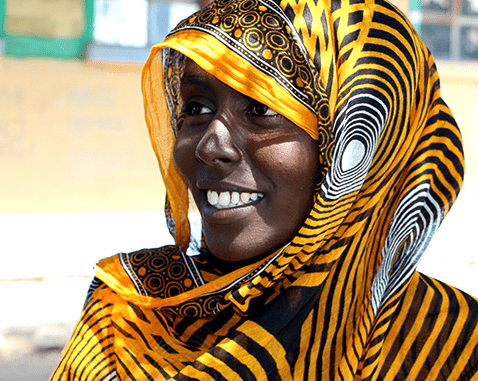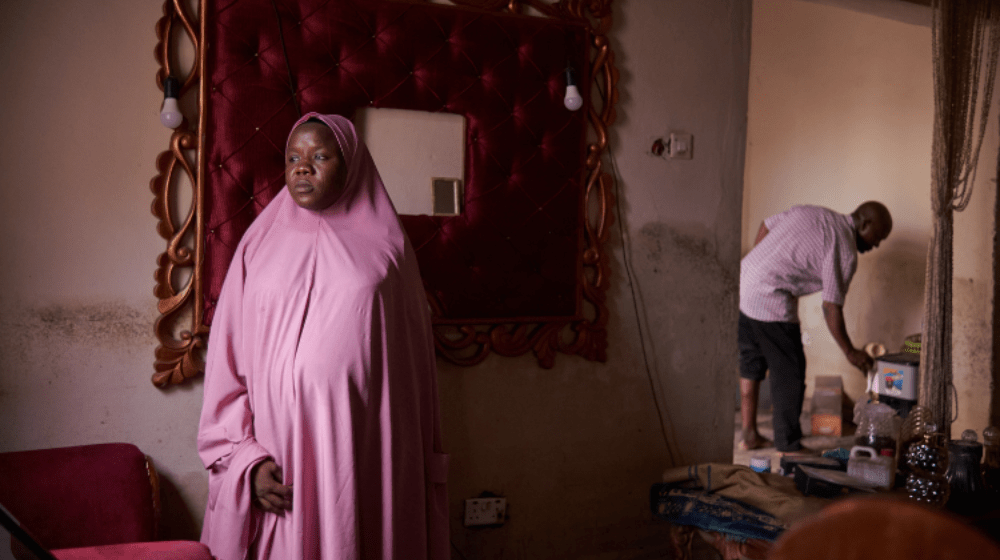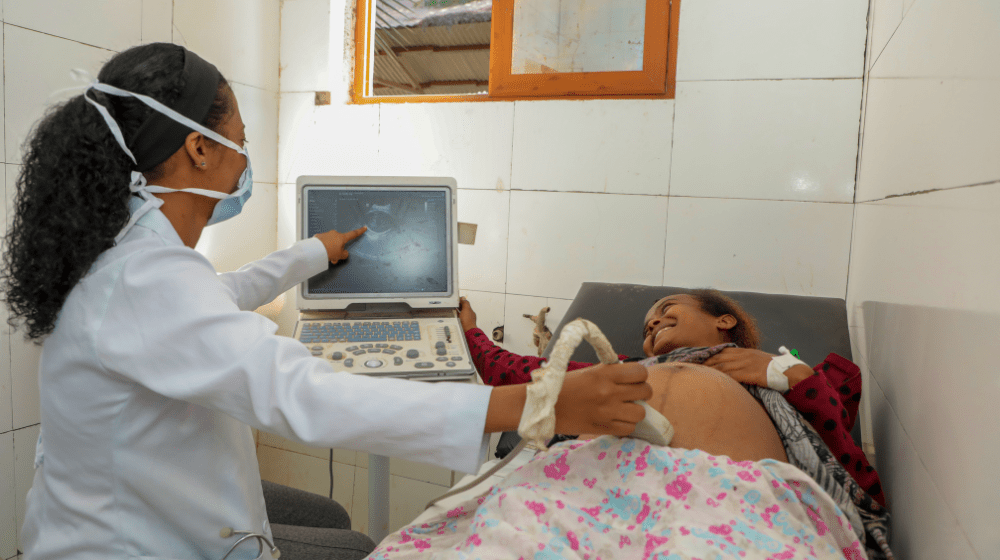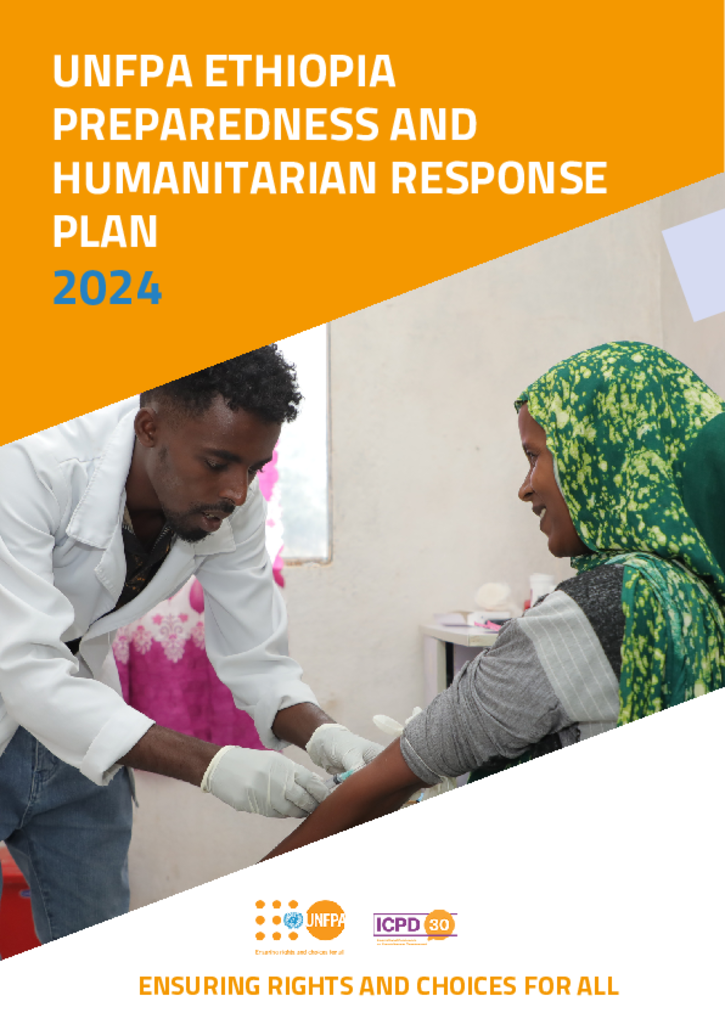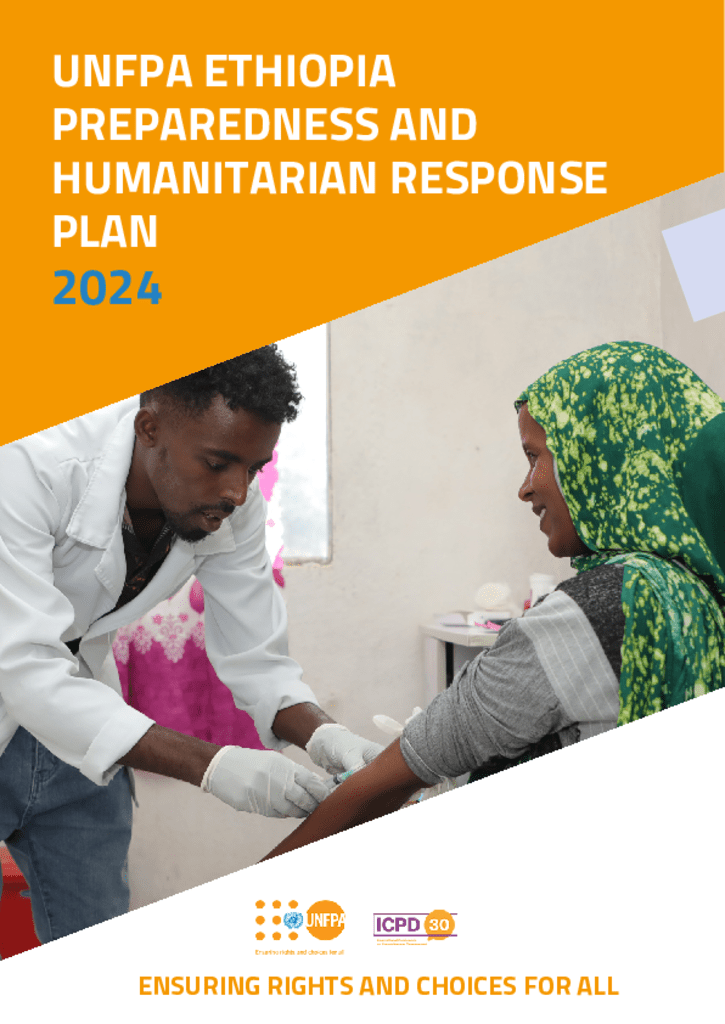Humanitarian needs in Ethiopia are driven by conflict-related displacement and natural hazards, including recurrent drought, floods and desert locust infestation. The conflict in the Tigray region, which began in November of 2020, has forced tens of thousands more people from their homes. Internally displaced persons live under very challenging conditions, with limited access to basic services such as food, healthcare, water and sanitation. In Tigray region, there has been an alarming increase in reports of sexual violence. UNFPA's humanitarian action in Ethiopia includes maternal and newborn health, family planning as well as gender-based violence prevention and response services. UNFPA also distributes dignity kits, which contain items such as sanitary napkins, clothing, soap and undergarments, to support people in meeting their basic hygiene needs.
Humanitarian needs
Last updated on - June 2024
Total people in need
Humanitarian funding
Resources in US$
Key humanitarian results 2023

Women assisted to deliver babies safely in UNFPA-supported facilities

People Targeted by UNFPA

People in need

Adolescents and youth (10-24) reached with SRH services

People reached with Family Planning Services in UNFPA-supported facilities

People reached with SRH information and awareness activities in person

People reached with Humanitarian Cash & Voucher Assistance (CVA) for GBV case management and/or other GBV response and GBV risk mitigation

People reached with GBV prevention, mitigation and response activities

People reached with SRH services

People reached with awareness-raising activities and GBV-lifesaving information in-person

Dignity kits and/or other Non-Food Items distributed

Safe Spaces for women and girls, supported by UNFPA

Youth Spaces supported by UNFPA

Health facilities supported by UNFPA

SRH mobile clinics supported by UNFPA and run by UNFPA Implementing Partners

Personnel trained on the Minimum Initial Service Package (MISP) for SRH

Non-specialised GBV humanitarian workers / frontline workers who were trained /oriented on GBV core concepts and guidelines
- Results data are reported and updated as they become available.
- -Targets and UNFPA's populations of concern, including women of reproductive age and pregnant women, are estimated using the MISP calculator.
- -Funding estimates are based on country planning processes, including inter-agency humanitarian response plans and regional refugee and resilience plans.
